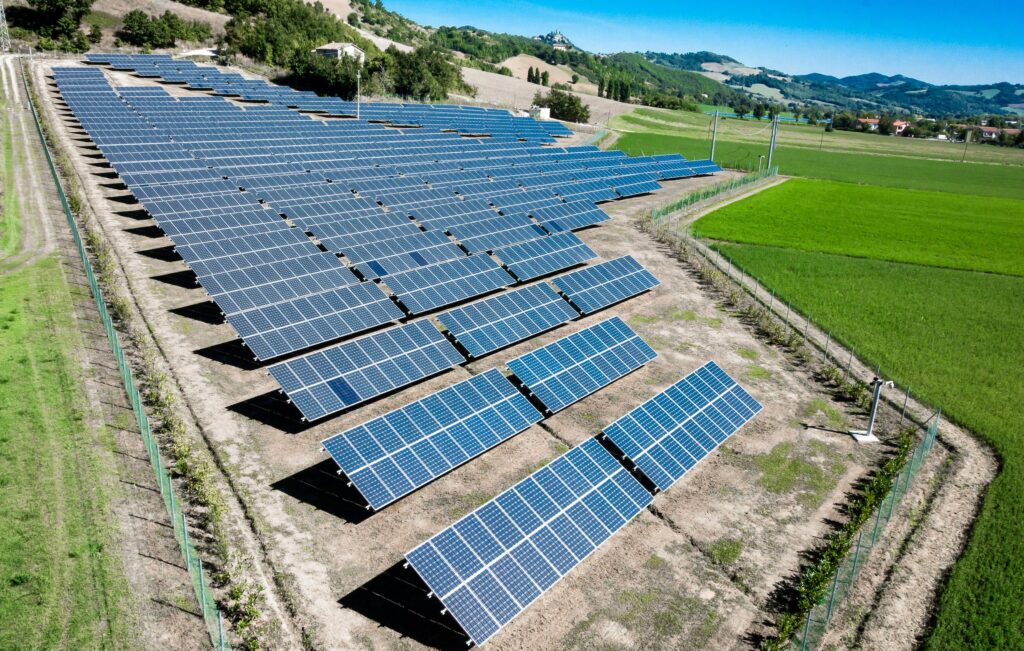Photovoltaic (PV) power generation systems, which convert sunlight into electricity, are generally considered environmentally friendly compared to conventional energy sources like fossil fuels.
- Reduced Greenhouse Gas Emissions: PV systems produce electricity without emitting greenhouse gases such as carbon dioxide (CO2) during operation. This helps reduce the overall carbon footprint associated with electricity generation, mitigating the impact of climate change.
- Renewable Resource: Solar energy, the source of power for PV systems, is a renewable resource. As long as the sun is shining, energy can be harnessed, and it won’t be depleted over time like finite fossil fuel resources.
- Low Water Usage: Unlike some conventional power plants, photovoltaic systems generally require minimal water for their operation. This is important in regions facing water scarcity, as it helps conserve water resources.
- Minimal Land Disturbance: PV installations can be designed to minimize land disturbance. Solar panels can be installed on rooftops, in deserts, or on marginal lands where agricultural productivity is limited, reducing the impact on ecosystems and natural habitats.
- Reduced Air and Water Pollution: Unlike fossil fuel power plants, PV systems don’t release pollutants into the air or water during their operation. This contributes to improved air and water quality, positively impacting ecosystems and human health.
- Long Lifecycle and Recyclability: Solar panels have a relatively long lifecycle, typically ranging from 25 to 30 years or more. Additionally, the majority of materials in solar panels, such as silicon, aluminum, and glass, can be recycled. Efforts are ongoing to improve recycling processes and recover valuable materials from decommissioned solar panels.
- Energy Payback Time: The energy payback time is the time it takes for a PV system to generate the same amount of energy that was used in its production. This period has been decreasing with advancements in technology, making PV systems increasingly energy-efficient.
While photovoltaic power generation is environmentally friendly, it’s essential to consider the environmental impact of the entire life cycle of PV systems, including manufacturing, installation, operation, and decommissioning. Efforts are underway to improve the sustainability of the solar industry, such as adopting cleaner manufacturing processes, increasing recycling rates, and finding ways to repurpose or reuse decommissioned solar panels.


